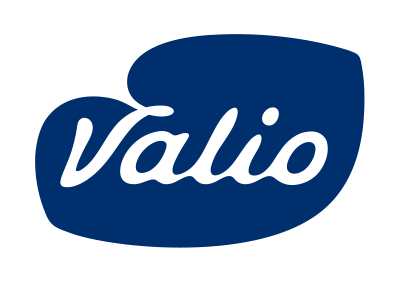Palm oil’s characteristics and challenges
Palm oil is a vegetable oil harvested from the fruit of the oil palm tree. Oil palm is a productive oil plant that is cultivated in tropical areas near the equator. It is an important source of income for many of the people living in the production region. However, there are several responsibility problems related to the cultivation of palm oil. Palm oil plantations are expanded by clearing rain forests, and deforestation destroys important carbon sinks, reduces biodiversity, and destroys habitats of endangered species. There are also multiple safety risks related to the collection and processing of palm oil.
Palm oil contains several good product characteristics. Its composition is very well suited for baked goods, e.g., and in powder for liquid feed its fat content has been determined to be suitable for calves. Therefore, replacing palm oil in some products is challenging, so its responsible production method must be verified.
Valio’s palm oil policy
In line with Valio’s policy, palm oil* is not used in Valio’s consumer products, but its use is possible in B2B products, in products and in feed – if its use is necessary from the point of view of the product’s characteristics or it is a customer requirement. In these situations the palm oil must be certified and the certification must be verifiable.
*The policy applies only to raw materials that contain palm oil. Note: it is possible that agents or additives containing small amounts of palm oil derivatives that are not disclosed in the raw material data may be used.







